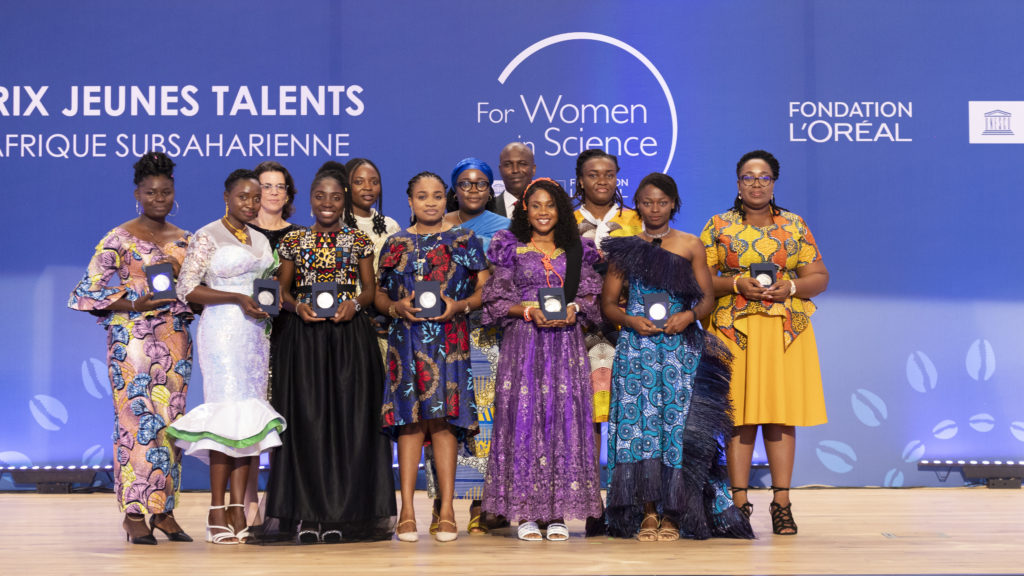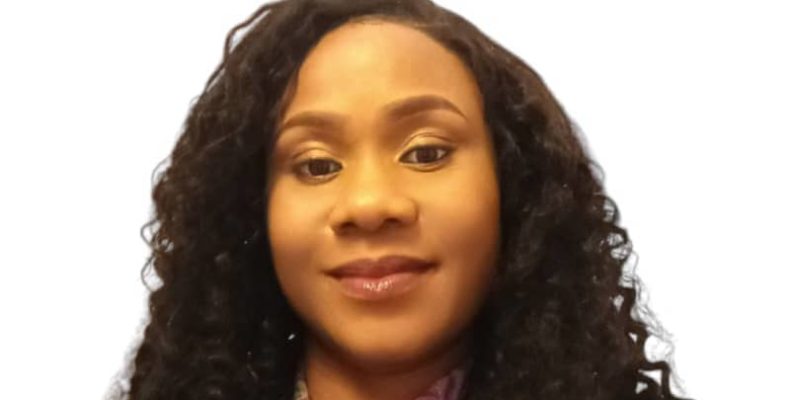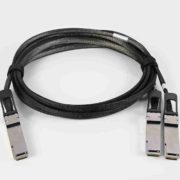
L’Oréal-UNESCO For Women in Science programme
By Nana Theresa Timothy and Osasome, C.O
In recent years, African women have increasingly stepped into the global spotlight as trailblazers in science, technology, engineering, and mathematics (STEM). They are challenging gender biases and reshaping the landscape of research and innovation. Joyce Ezekiel Etura, a researcher from Cross River State, Nigeria, exemplifies this shift.
RELATED: “Our future is digital and we need women to lead it”- ITU Secretary-General Doreen Bogdan-Martin
Etura opens a new chapter of recognition for women through her groundbreaking work on pre-eclampsia. Not surprising is her recognition as a laureate of the L’Oréal-UNESCO For Women in Science (FWIS) programme. Etura’s work is helping to address critical maternal health challenges. It is equally paving the way for more women to succeed in STEM.
A Personal Mission Fueled by Tragedy
Her journey into maternal health research began with a deeply personal loss. The death of her cousin to pre-eclampsia. This is a pregnancy-related condition marked by high blood pressure, proteinuria, and swelling. The loss of her cousin ignited a passion for science and healthcare. “No woman should die from preventable complications,” she said, emphasizing her commitment to early detection and prevention of the condition.
Her research focuses on reducing maternal and neonatal mortality by identifying risk factors and creating preventive strategies. This mission reflects her determination to fill the gaps in healthcare that disproportionately affect women in Sub-Saharan Africa.
The Transformative Power of FWIS
Since its inception in 2010, the FWIS programme has played a pivotal role in empowering African women in STEM. The programme recognizes excellence by women researchers. It also provides mentorship, networking opportunities, and a platform to amplify women’s contributions to science.
Etura highlighted how FWIS has evolved into a community of support that helps women scientists overcome societal expectations and professional barriers. “This program has consistently equipped participants with the tools to succeed and excel in their fields,” she noted, emphasizing its role in bridging the gender gap in science across the continent.
Collaboration Across Disciplines
One of the most striking aspects of FWIS is its emphasis on interdisciplinary collaboration. By bringing together laureates from diverse fields—ranging from renewable energy to public health—the program fosters innovative solutions to Africa’s most pressing challenges.
Etura credits this approach for broadening her perspective and creating opportunities for collaborative problem-solving. “If I encounter a challenge in my field, I can tap into this network. I can seek advice, or connect with experts who might offer practical assistance,” she explained.
Impacting Communities and Inspiring Change
Beyond research, Etura’s work has a tangible impact on her community. Her blood donation drives in Calabar, in collaboration with the National Blood Transfusion Service, address critical healthcare needs. These local initiatives exemplify the broader potential of FWIS laureates to create scalable solutions for societal challenges.
The work of FWIS participants spans renewable energy, maternal health, and security, with projects already transforming communities and holding promise for future advancements.
Challenging Gender Bias in STEM
Etura’s achievements are emblematic of a larger movement to address gender biases in STEM. The FWIS program is a testament to the power of targeted initiatives in empowering women. The platform provides them with the resources to thrive in traditionally male-dominated fields.
“This program has elevated the visibility of my work and connected me with global organizations,” Etura said, underscoring the importance of visibility and collaboration in overcoming barriers.
A Vision for the Future
As Etura continues her research on hypertensive disorders in pregnancy, she aims to collaborate with national and international institutions to advance maternal health outcomes across Sub-Saharan Africa. Her story serves as a beacon of inspiration for future generations of African women in STEM, proving that passion and purpose can drive transformative change.
Etura’s work is a powerful reminder that women cannot be ignored. When women are given the tools and support to succeed, they can lead the way in solving some of the world’s most pressing challenges. Through initiatives like FWIS, the path to a more inclusive and innovative future in STEM becomes clearer every day.
































